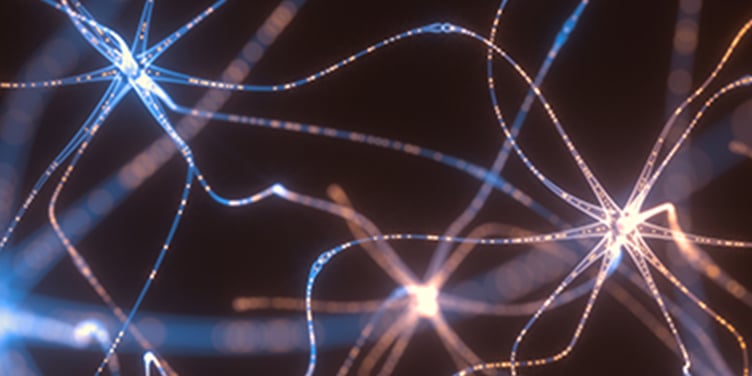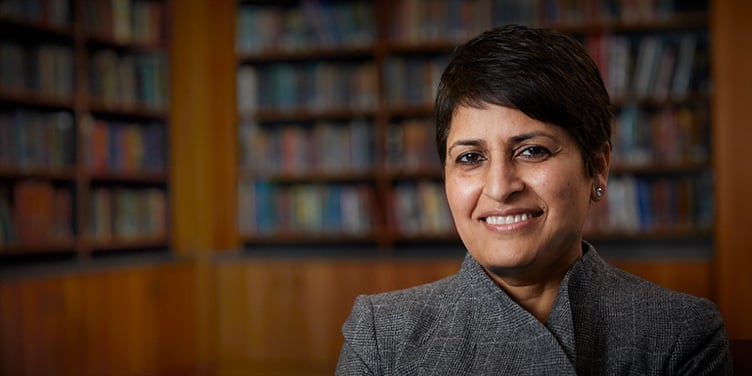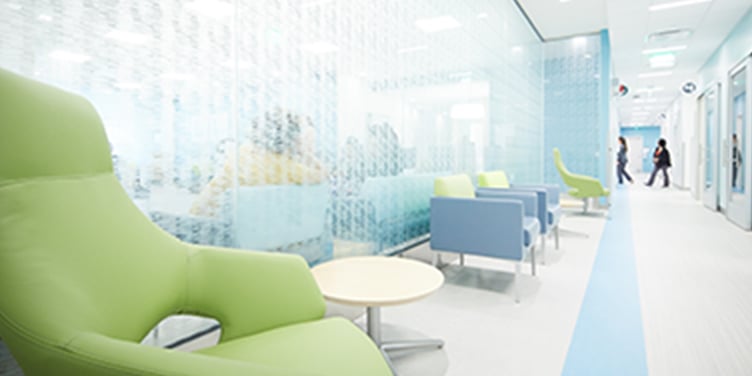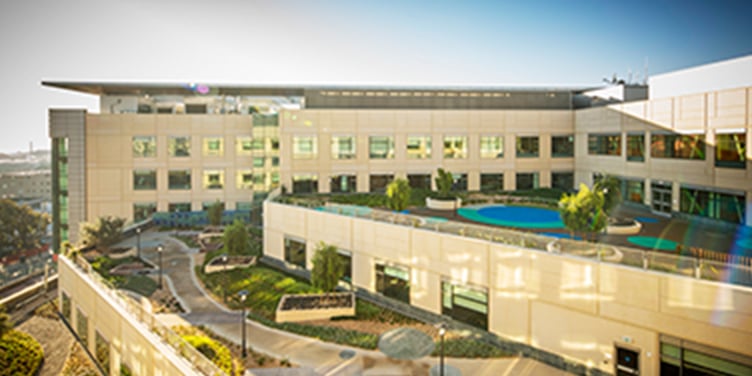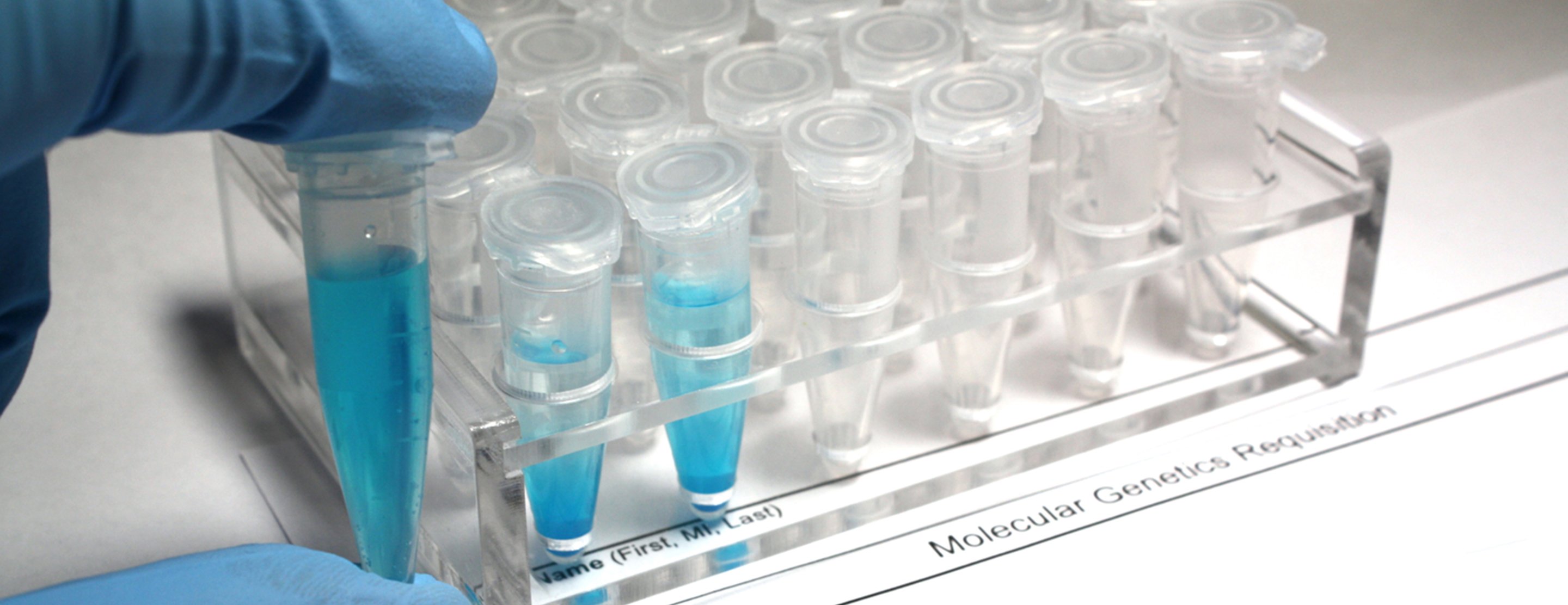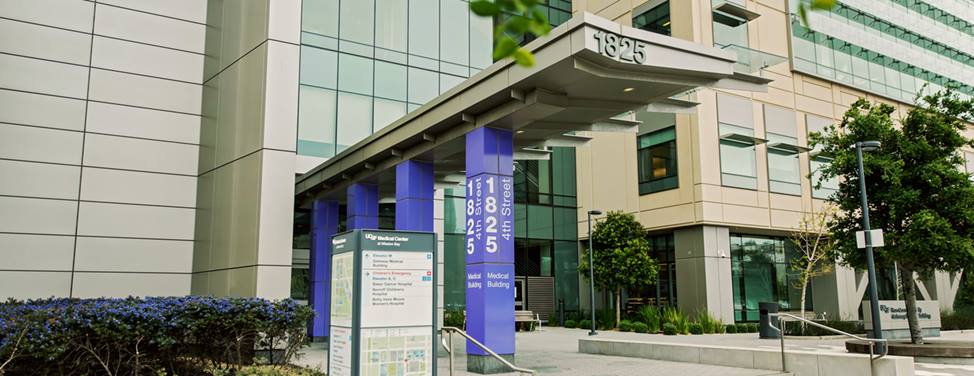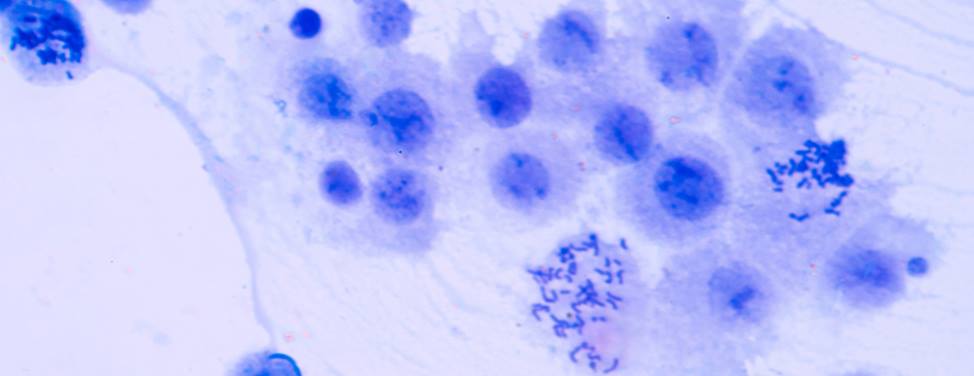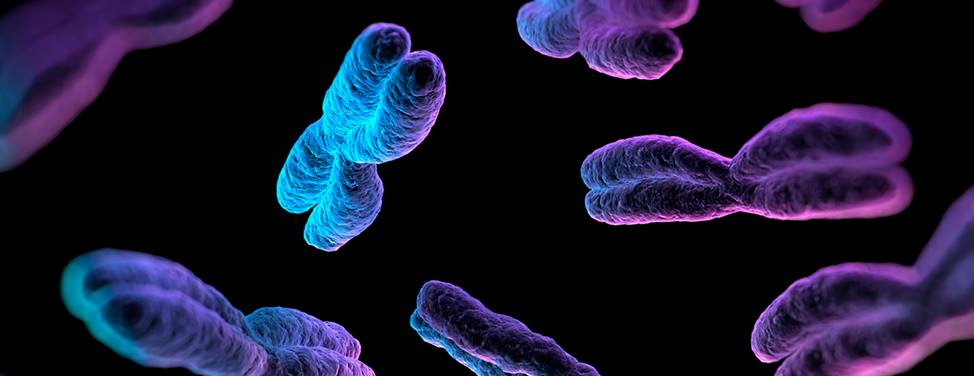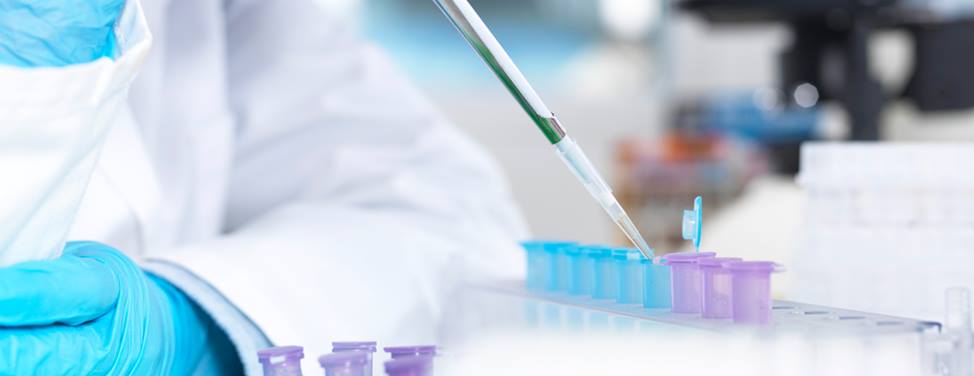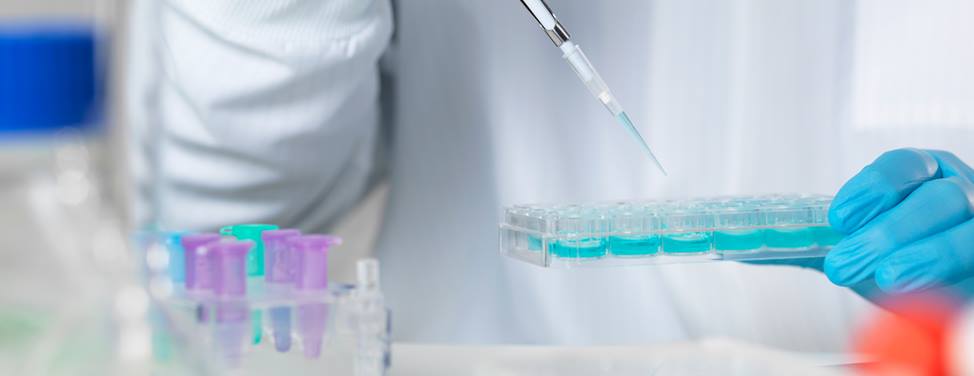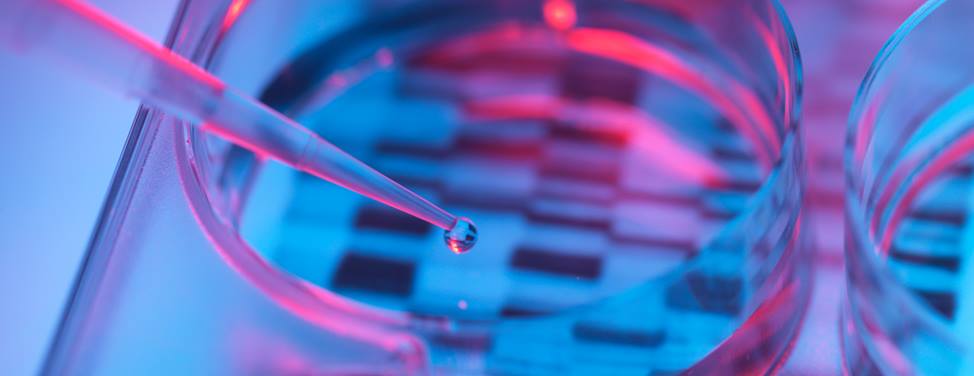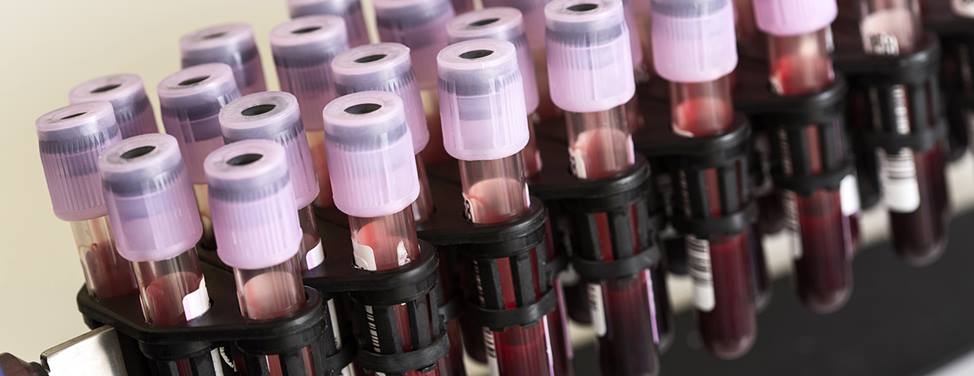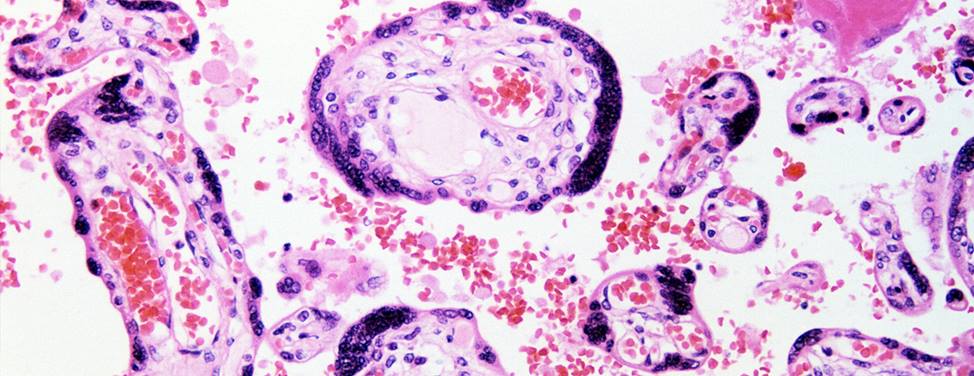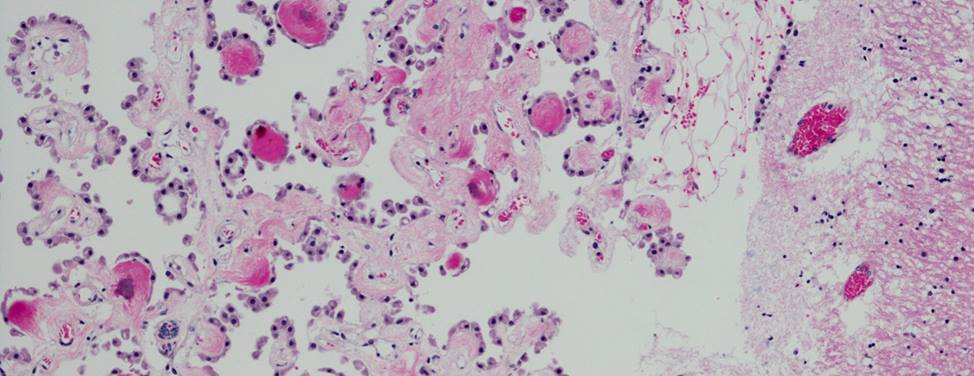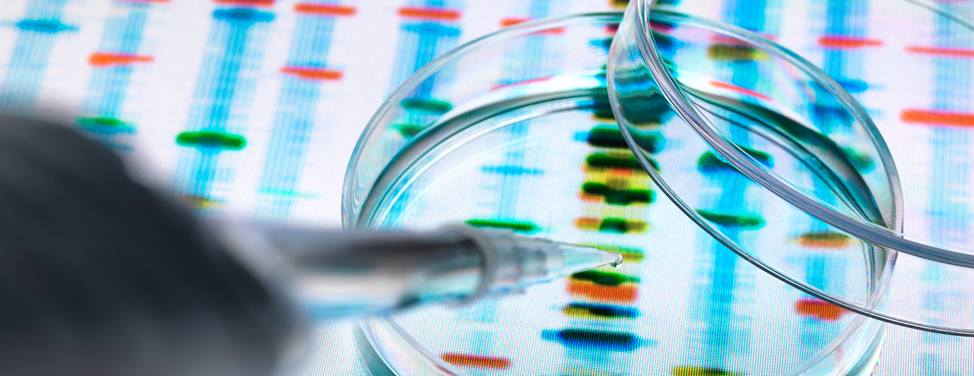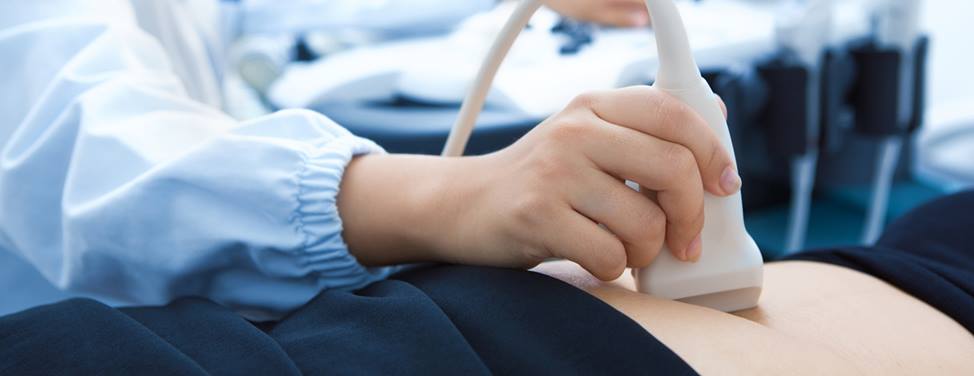What are the Ashkenazi Jewish genetic disorders?
Screening is available for eleven genetic disorders. Carrier frequency is different for each condition —
the overall chance of being a carrier for at least one of these diseases is 1 in 4 to 1 in 5 for someone
of AJ descent.
Of these conditions, Canavan disease and Tay-Sachs disease are among the most common and severe. Both are progressive conditions with no effective treatment options at this time. Canavan disease and Tay Sachs disease are usually fatal in childhood.
Cystic fibrosis (CF) is also common in individuals of Caucasian ancestry. All of these
disorders are also found in non-Jewish individuals, but with lower incidence (with the exception of CF).
Clinically Available Screening for Individuals of Ashkenazi Jewish Descent*
|
Condition
|
Disease Incidence |
Carrier Frequency
|
Carrier Detection Rate
|
|
Tay Sachs disease
|
1/3,000
|
1/30
|
98%
|
|
Canavan disease
|
1/6,400
|
1/40
|
98%
|
|
Cystic Fibrosis
|
1/3,000
|
1/29
|
97%
|
|
Familial Dysautonomia
|
1/3,600
|
1/32
|
99%
|
|
Bloom syndrome
|
1/40,000
|
1/100
|
97%
|
|
Fanconi Anemia group C
|
1/32,000
|
1/89
|
99%
|
|
Gaucher disease
|
1/900
|
1/15
|
95%
|
|
Mucolipidosis type IV
|
1/62,500
|
1/127
|
95%
|
|
Niemann-Pick disease type A
|
1/32,000
|
1/90
|
95%
|
|
Glycogen Storage 1a
|
1/20,000
|
1/71
|
99%
|
|
Maple syrup urine disease
|
1/26,000
|
1/81
|
99%
|
* Disease incidence, carrier frequency and detection rates among individuals who are not of Ashkenazi
Jewish descent are available by contacting a genetic counselor at the UCSF Prenatal Diagnostic Center.
Who should consider carrier screening?
Based on recommendations from the American College of Medical Genetics, the American College of
Obstetrics and Gynecology, and other groups, you should consider carrier screening if you,
your partner, or both are of AJ descent.
Carrier screening is typically performed stepwise by screening the
individual with AJ ancestry. It is recommended to start with testing of the Ashkenazi Jewish partner
and to test the non-Jewish member of the couple only if the Jewish partner is a carrier of any of the
diseases. Carrier screening is less sensitive and less informative in non-Jewish individuals.
When both partners are AJ, carrier screening can be done on either partner. Carrier screening can be
done simultaneously for both parents, if time is a constraint.
When should testing be done?
The ideal time to undergo carrier screening is before pregnancy, but carrier screening can be done
during pregnancy. If you are already pregnant, we recommend having carrier screening as early in
the pregnancy as possible so the results are available to you for further decision making.
What will the results tell me?
All of these conditions are inherited in an autosomal recessive manner. Your test could reveal several
different results:
- If both parents are carriers for the same genetic disease, then there is a 1 in 4, or 25 percent chance of
the condition in each of their pregnancies. Therefore, there is a 3 in 4, or 75 percent chance that each
pregnancy would be unaffected.
Prenatal diagnosis by chorionic villus sampling (CVS) at 10 to 13 weeks, or
by amniocentesis at 15 to 20 weeks can diagnose these disorders. Techniques for diagnosing the disease might also be available prior to pregnancy using in vitro fertilization (IVF) and preimplantation genetic diagnosis.
- When one parent is a carrier of a particular disease and the other parent is not a carrier, the
couple is not at increased risk to have a child with that disease. Instead, there is a 1 in 2, or 50 percent
chance of having a child who is an unaffected carrier like the one parent. Prenatal diagnosis is not
recommended.
- If one parent undergoes screening initially and all the testing is negative, then no further screening
or testing is recommended.
How do I arrange screening?
If you are interested in pursuing carrier screening for some or all of these conditions, please contact
the Prenatal Diagnostic Center for an appointment.
Please note that medical insurance plans vary widely. Plans may cover the cost of screening at different rates. Our office can help you determine your plan's coverage and facilitate an insurance authorization if required.

